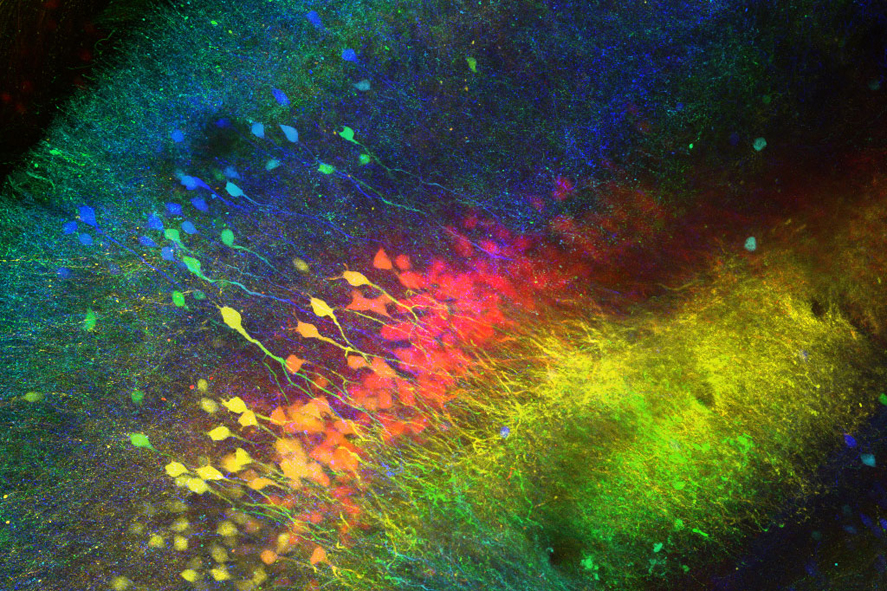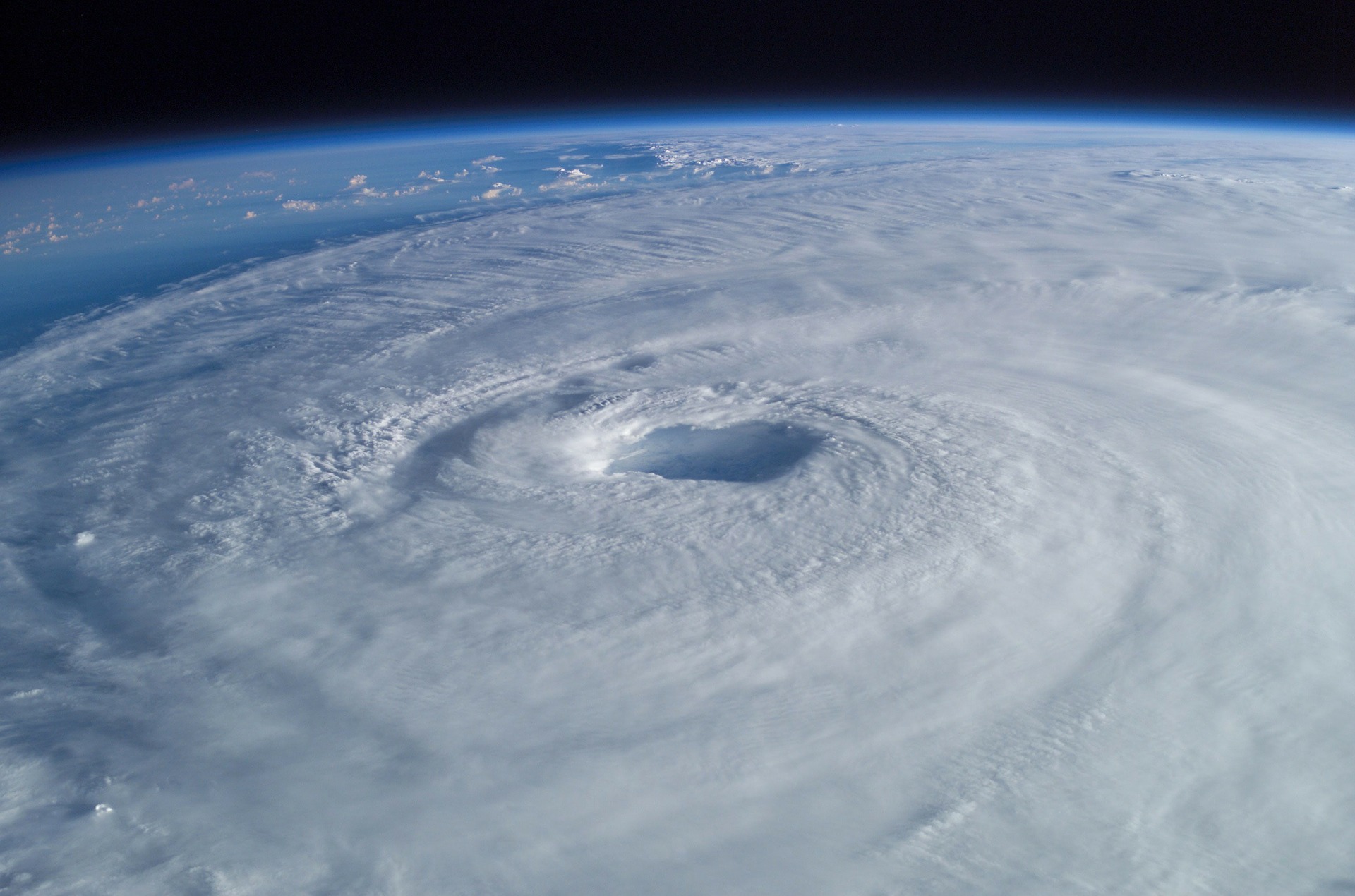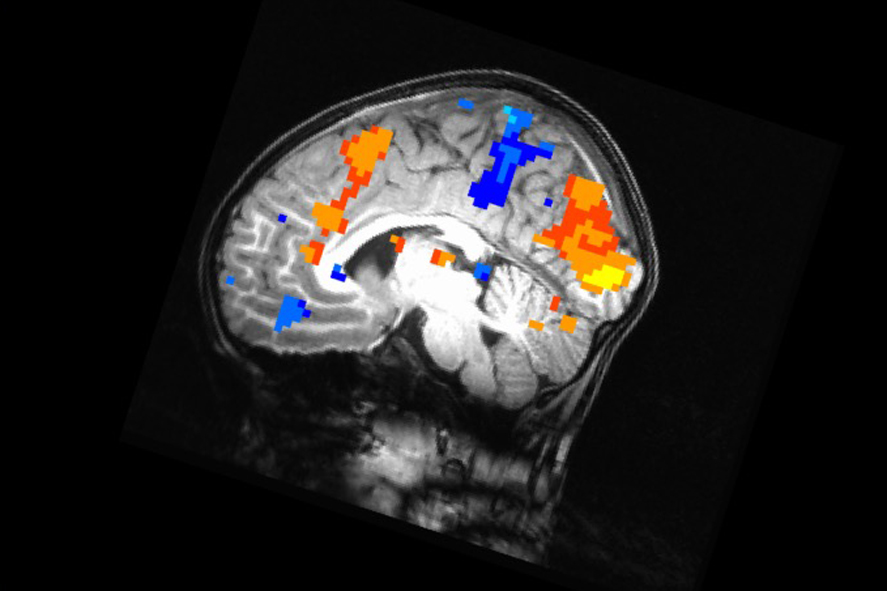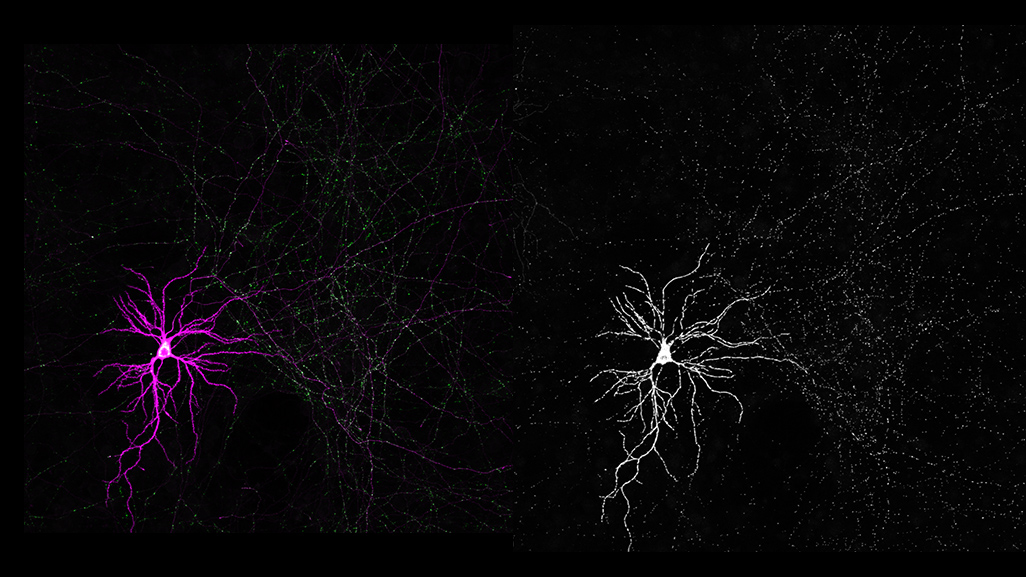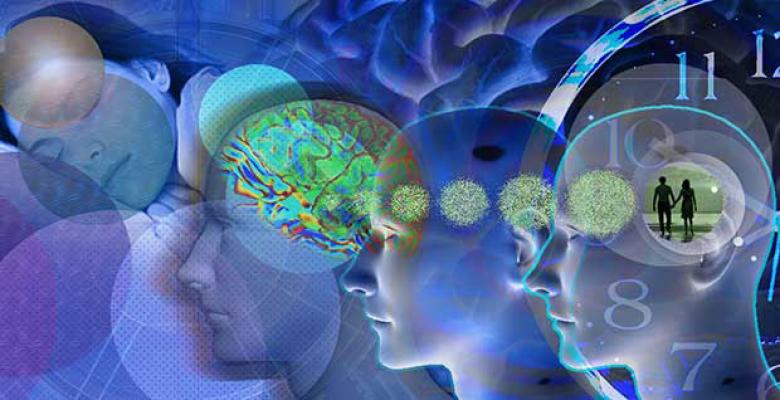December 10, 2018
Assessing the Impact of Declining Arctic Sea Ice on Extreme Weather
Yutian Wu, an atmospheric scientist at Lamont-Doherty Earth Observatory, received funding from the Center for Climate and Life to investigate whether the loss of Arctic sea ice promotes severe weather over North America.
December 5, 2018
Friend or Foe? Brain Area That Controls Social Memory Also Triggers Aggression, Mouse Study Reveals
New research from Columbia's Zuckerman Institute reveals the importance of memory in driving key social behavior and offers insight into psychiatric disorders such as schizophrenia.
November 28, 2018
National Climate Assessment: Threats to U.S. International Interests
John Furlow, Deputy Director for Humanitarian Assistance and International Development of the International Research Institute for Climate and Society, discusses climate threats to trade, supply chains, national security, and other areas.
November 27, 2018
Support the Sciences at Columbia on Giving Tuesday
Science needs your help. This Giving Tuesday, please support the sciences at Columbia with a gift to the Columbia Science Fund. Every dollar donated goes directly to supporting research.
November 27, 2018
Why Small Size Matters: Tiny Mitochondria Stimulate Brain Cell Connections, Columbia Study Shows
The research suggests these unusually small, squat mitochondria help neurons grow and make proper connections in the developing brain. The work could open up new lines of inquiry into what may be at play when these processes go awry in brain disease.
November 26, 2018
National Climate Assessment: Will U.S. Water Problems Worsen?
Upmanu Lall is director of the Columbia Water Center and the lead author of the new U.S. National Climate Assessment’s chapter on water resources. In this interview, he discusses the outlook for water supplies, quality, and infrastructure.
November 26, 2018
When Storing Memories, Brain Prioritizes Those Experiences That Are Most Rewarding
A new Columbia study finds that overnight the brain automatically preserves memories for important events and filters out the rest, revealing new insights into the processes that guide decision making and behavior.


